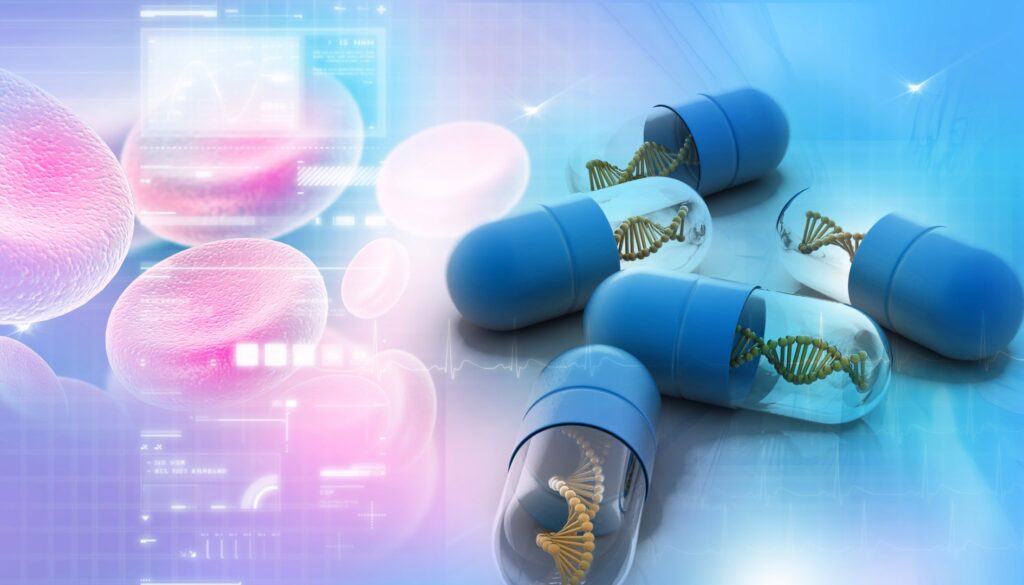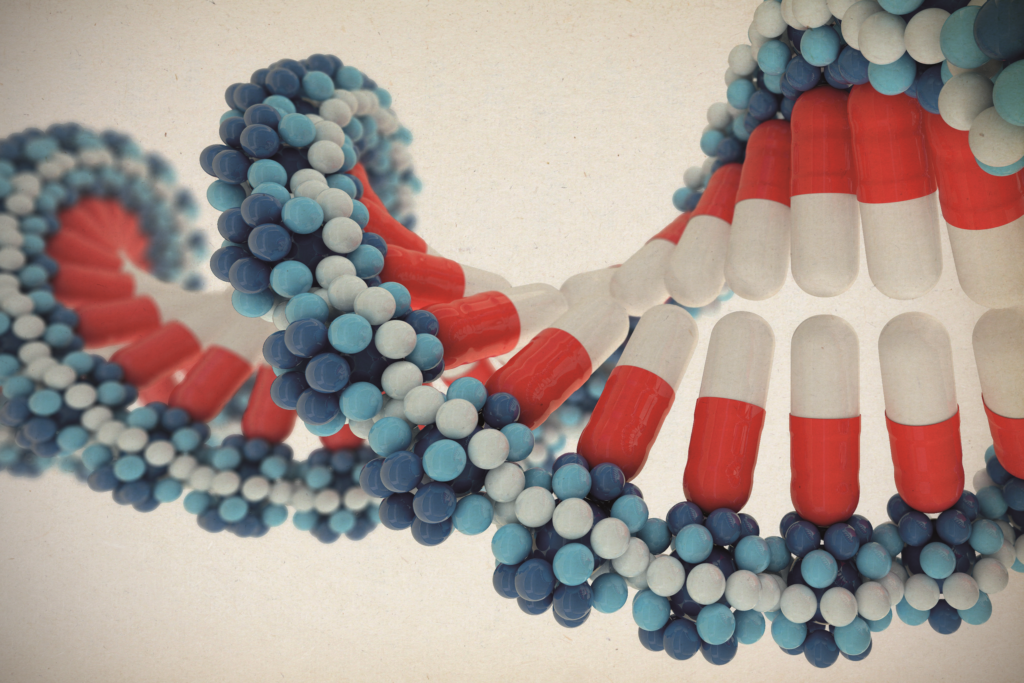Antidepressants don’t work the same for everyone. Many people struggle with side effects or poor response, leading to frustration and prolonged suffering. The reason often lies in genetics and that’s where pharmacogenomics and DNA-based medication testing come in.
What Is Pharmacogenomics?
Pharmacogenomics (PGx) is the science of how your genes affect your response to medications. By analyzing your DNA, doctors can understand how your body metabolizes specific drugs, which can explain why certain antidepressants work well for some but cause issues or provide little relief for others. In India, specialized pharmacogenomics test India services are now available and are transforming mental health care by guiding psychiatrists and doctors to prescribe the right medicine at the right dose for each patient.
DNA Drug Sensitivity Test: The Key to Personalized Treatment
A DNA drug sensitivity test (also called a medication response or pharmacogenetic test) examines specific genes that influence how your body processes and responds to medicines. For antidepressants, two of the most important genes are CYP2D6 and CYP2C19. These genes encode liver enzymes that break down many antidepressants, including SSRIs (like fluoxetine and paroxetine), SNRIs (such as venlafaxine), and tricyclic antidepressants.
Depending on your genetic makeup, you may fall into one of several groups:
- Poor metabolizer: Medication builds up in your body, increasing risk for side effects.
- Ultra-rapid metabolizer: Your body breaks down medication too quickly, leading to ineffective treatment.
- Intermediate/Normal metabolizer: Typical responses and side effect risk.
CYP2D6 Gene: Why It Matters for Antidepressants
The CYP2D6 gene is a major determinant of how your body processes many antidepressants. Variations in the CYP2D6 gene can lead to reduced or increased enzyme activity. For example:
- People with two active copies (ultra-rapid metabolizers) may get little benefit from standard doses, as the drug is cleared too fast.
- People with non-functional variants (poor metabolizers) can have high drug levels in their system, raising side effects and toxicity risk.
Testing for CYP2D6 (and CYP2C19) helps your doctor:
- Choose the right antidepressant.
- Adjust dosage for safety.
- Avoid “trial-and-error” prescriptions that waste time and cause discomfort.
Pharmacogenomics Testing in India
In India, comprehensive PGx panels covering major mental health medications, including antidepressants, are available through several diagnostics companies. These services such as those from Agilus Diagnostics, MedicaMap, and others can be accessed in many cities and often use simple saliva or cheek swab samples.
Benefits of Pharmacogenomics Testing
- Reduces risk of side effects and adverse drug reactions.
- Speeds up the time it takes to find an effective medication.
- Improves overall treatment outcomes and patient satisfaction.
- Enables truly personalized medicine in psychiatry.
The Bottom Line
If you or someone you love has struggled to find the right antidepressant, pharmacogenomics testing can provide answers. A DNA drug sensitivity test, especially one covering the CYP2D6 gene can reveal why some drugs don’t work for you and help guide treatments that are safer, faster, and more effective. As PGx testing becomes more common across India, psychiatry is moving toward a future where the right medicine is matched to the right person, based on their DNA.




